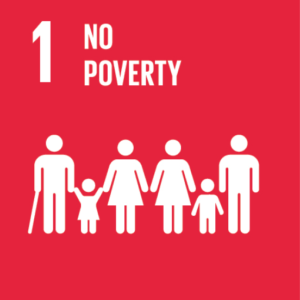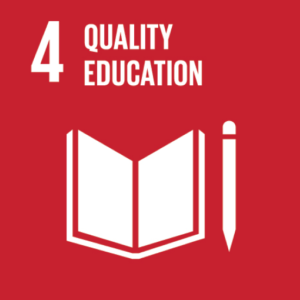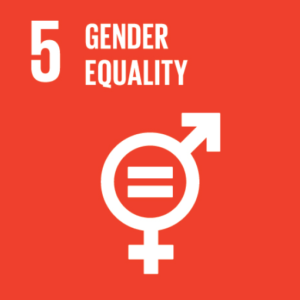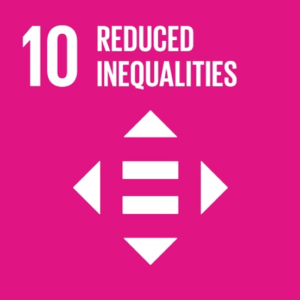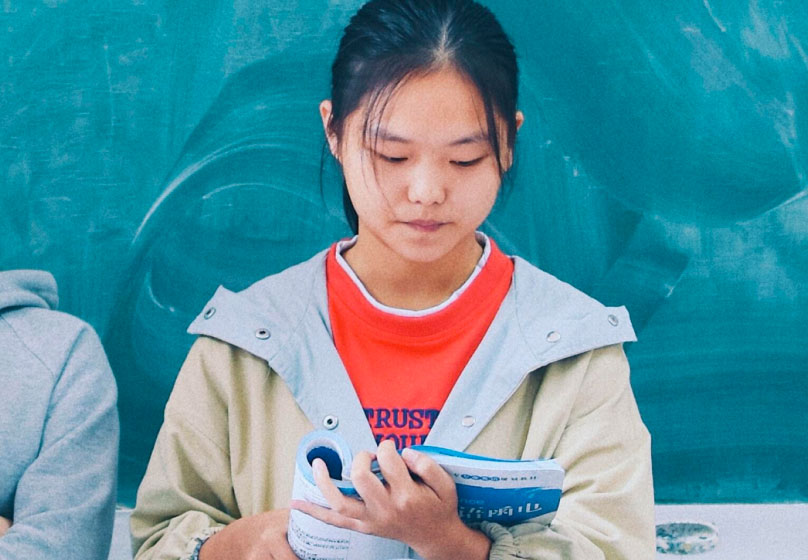

Swish
Background issues
Chinese children are some of the most short-sighted in the world, but only one in five children in poor areas who needs glasses has them. Our team has already shown in other trials that giving children free glasses leads to better grades and that free glasses have a bigger impact on grades than factors like parents’ education level and the amount of money a family has. The effect on grades from glasses is greater than from other health services in school, like giving vitamins. Only about one in three children in rural western China goes on to a regular, non-vocational high school. The investigators would like to show the Chinese government strong evidence of what glasses can do to help children continue their education, in order to help convince the government to carry out national programs to provide free glasses for children who need them.
Trial design
SWISH (See Well to Stay In ScHool) is a randomised controlled trial to assess whether spectacle distribution to secondary school children with myopia will increase academic high school attendance rates in rural communities. We will choose 130 middle schools at random in Ningxia, western China, and all children in Years 1 and 2 (one class each) at each school will go at random into one of two groups: either a group getting free glasses, with support from teachers to push them to wear the glasses (“Intervention”) or a group getting just glasses prescriptions (“Control.”)
Outcomes
The main study outcome will be the proportion of children going on to academic (as opposed to vocational) high school.
The Chinese government announced in late August 2018 that it was planning a national comprehensive program for management of children’s myopia. One of the strongest arguments for the Chinese government to expand and continue such national programs of vision screening and spectacle distribution, as other low and middle-income countries have done, is growing trial evidence that provision of spectacles significantly improves children’s educational outcomes.
Timeline
34 months.
ClinicalTrials.gov Identifier: NCT04077086
